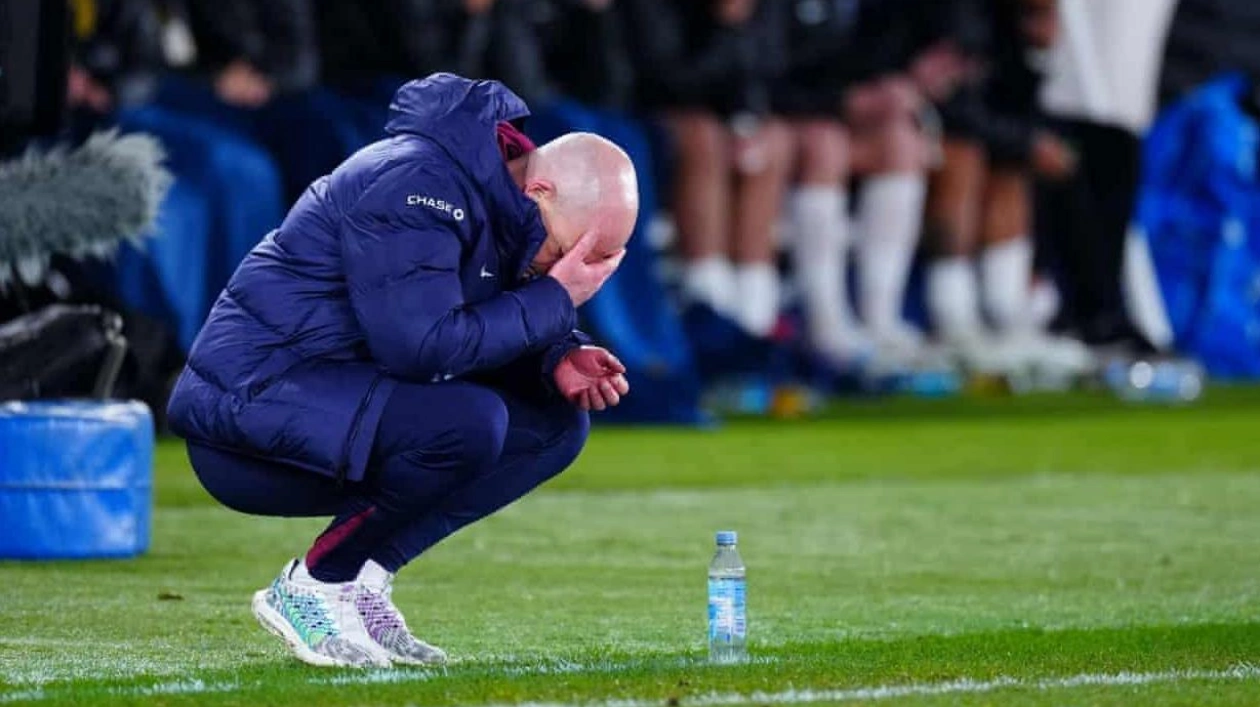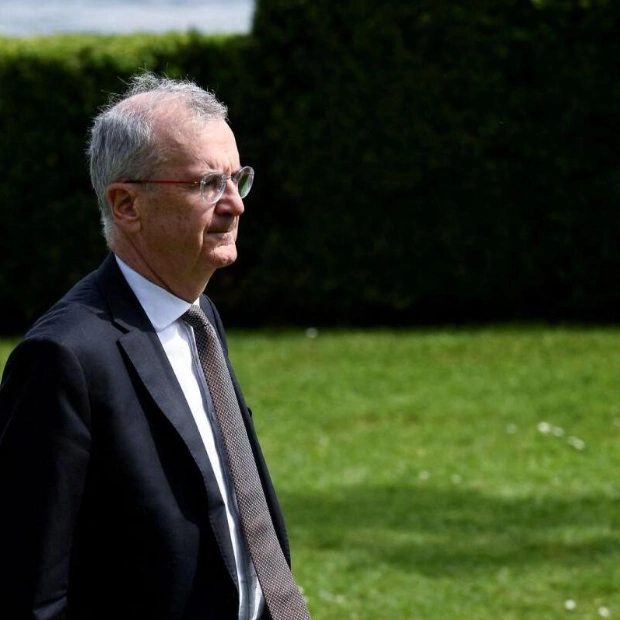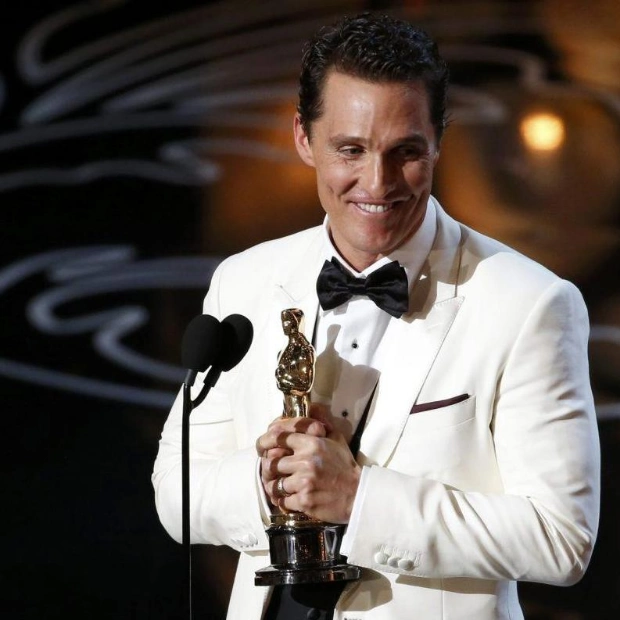Winston Churchill was not a socialist. Everyone knows this. Yet, at 18 years old, I found myself uttering the phrase “… and Churchill, in a very real way, was himself a socialist” in front of two Cambridge University history professors who certainly knew better. This was a completely new thought for me, one I had never entertained before, and it came out spontaneously. It’s possible that no one in history had ever expressed this idea in these exact words. Because, as I must emphasize, Winston Churchill was not a socialist. This misunderstanding led to my invitation to pursue history studies elsewhere, which turned out to be a fair decision. Over the years, when recounting this story, people often ask why I didn’t correct myself. The truth is, a brain capable of such an error is not equipped to fix it in real time. Psychologists explain these moments as the mind retreating into survival mode, overwhelmed by stress and fear. Writing is my strength, but speaking well, crafting a message, and projecting assurance are separate skills I’ve never possessed. This is how I understand Lee Carsley’s predicament.
“I tried to make it as clear as I could,” Carsley said after the 3-1 win against Finland, and it might have been true. Carsley is a lovely guy and a respected coach, but when it comes to oratory—an underrated but essential attribute for an England manager—he might finally have competition with Fabio Capello. Fans often think the media are too harsh on England managers, but in one respect, the press has done Carsley a favor. If his answers were transcribed faithfully, they’d resemble a mix of James Joyce and a migraine. Take his attempt to clarify his earlier comments on ITV, where he seemingly ruled himself out of the full-time England job. “Yeah, I think it … the point that I was, that I was, that I was trying to make. Which, um, I suppose, was more like the ‘hopefully’ comment. It was the, it was the fact that this is a world-class job, um, this will be up there with the best jobs in football, so, you know, whoever gets this is going to be at a high level,” he said. Carsley stutters, repeats himself, contradicts himself, and says things he immediately regrets. This is not a judgment on his intellect or coaching ability; I relate to him because I am like him. The game recognizes the game, and this particular game is a kind of rolling terror, an interrogation where lights are shone in his face while various men drawl: “But what do you want? What do you actually want?”
In modern football, it’s almost assumed that managers—even the bad ones—will be sharp communicators. The job, from interview to team talk to press conference, is essentially a speaking role, an act of persuasion. You can delegate training, research, transfers, and the football itself, but on the dais, there’s no hiding place. This is doubly true for the national manager, whose every utterance is scrutinized. Gareth Southgate was not a naturally confident public speaker but honed his act until he perfected the art of saying nothing very wisely. Alf Ramsey was a superb orator, while Glenn Hoddle’s average speaking skills proved his downfall. By the time coaches reach the top of the club game, they’ve refined their communication skills. Then there’s Carsley, whose first big job is the biggest job, who just wants to be on a training pitch coaching great footballers, but instead keeps getting asked about national anthems and his desire to be the England manager, blurting out random things because this is what most normal people would do in this deeply abnormal situation. Perhaps it says something about our word-obsessed age that Carsley is judged as much on his words as his football. Perhaps he’s right that the job deserves a garlanded world-class coach. Perhaps the Greece game was so bad that his shadow must never darken an England dugout again. Perhaps this experience has put him off big-time management for life, which might be for the best. But as a fellow rhetorical lightweight, I’ve never found an England manager more relatable.






